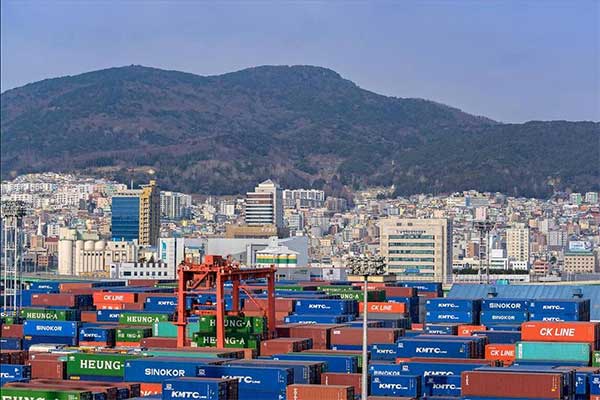
enteredExport agentWhat services do companies actually provide?
Professional import and export agency companies primarily undertake the following core functions:
- Customs process management: Including HS code classification,customs clearancedocument preparation,Customs declarationand tax calculation
- Document Compliance Review: Ensure that over 20 types of trade documents, including commercial invoices, packing lists, and certificates of origin, comply with international trade regulations.
- Logistics plan design: Customize intermodal transportation solutions (sea, land, and air) based on cargo characteristics (e.g., hazardous materials/cold chain).
- Trade risk management: Assist in handling foreign exchange verification, trade disputes, and intellectual property protection.
What is the fundamental difference between self-operated import/export and entrusted agency?
The core value of enterprises choosing agency services lies in:
- Cost Optimization: No need to establish an in-house customs clearance team (saving approximately 300,000-500,000 RMB in annual labor costs).
- Timeliness Guarantee: The customs clearance efficiency of mature agency companies is 40%-60% faster than that of self-operated enterprises.
- Policy benefit acquisition: Professional teams provide timely interpretations of tariff preferences under free trade agreements such as RCEP.
- Special Qualification Processing: It demonstrates significant advantages in specialized fields such as CCC certification and medical device filing.
What are the new models for agency service fees in 2025?
The current mainstream market pricing structures exhibit three major trends:
- Tiered service package: Tiered annual import/export fee based on transaction volume (e.g., 0.8%-1.2% for amounts below $5 million)
- Digital value-added services: Annual subscription fee for customs declaration data visualization system (market average price: 300-800 RMB/month)
- 44. Risk - sharing model: Full compensation clause for demurrage fees caused by agent's negligence
How to identify a truly professional import and export agency company?
It is recommended to conduct a comprehensive evaluation from five dimensions:
- Qualification verification:
- Customs AEO Advanced Certification Enterprises (only 632 nationwide as of 2025)
- FIATA Certification for International Freight Forwarding
- Industry Experience: Focus on examining case studies in the target industry (e.g., medical devices require over 3 years of hands-on experience).
- System capacity: Whether equipped with ERP system interfacing with Single Window
- Service networks: Number of self-operated offices established at major ports
- Wind control system: Purchase professional liability insurance coverage (high-quality enterprises typically reach over 50 million yuan).
What policy changes in 2025 will affect the choice of agency services?
Three policy trends requiring special attention:
- New Customs Declaration Regulations: If the number of items exceeds 50, the XML format is mandatory for declaration.
- Foreign exchange management upgrade: The Goods Trade Foreign Exchange Monitoring System (2025 Edition) has launched an intelligent early warning function.
- Regional Trade Agreements: Changes in Tariff Reductions Brought by the Implementation of the China-ASEAN Free Trade Area Version 3.0
How to Prevent Potential Risks of Proxy Services?
It is recommended to clearly specify the following terms in the cooperation agreement:
- Definition of Responsibility Boundaries: Proportion of demurrage charges borne due to customs declaration errors
- Data confidentiality agreement: Penalty standards for customer information leakage (recommended to be no less than 20% of the contract amount)
- Emergency handling mechanisms: Abnormal inspection findings must be responded to within 2 hours.
- Quantification of Service Standards: The time limit for amending or withdrawing a customs declaration form shall not exceed 4 working days.


 Follow Customer Service WeChat
Follow Customer Service WeChat